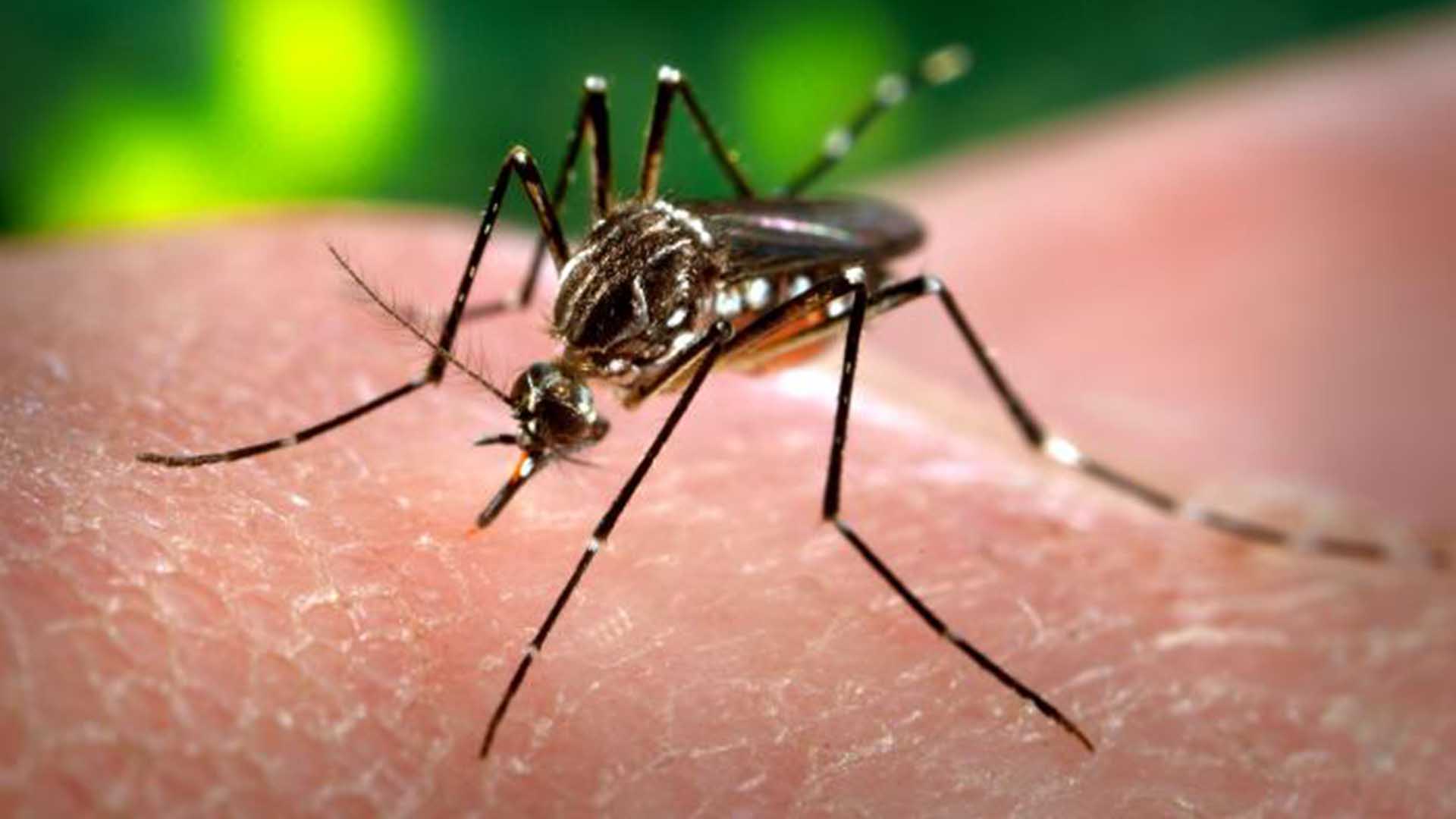
Zika: still wrapped in mystery
Some reports suggest that the situation is far more complex than reports in the media suggest.
This was a week of confusing information about the Zika virus epidemic, which the World Health Organization has described as a “Public Health Emergency of International Concern”.
In a smoking-gun case report in the New England Journal of Medicine, Slovenian clinicians said that they had found the virus in the aborted remains of a baby with microcephaly whose mother had contracted the disease in Brazil. There have been a few other cases which also point to the virus as a direct cause of serious foetal abnormalities.
The situation is serious enough to cancel the Olympics scheduled for July in Rio de Janeiro, contend bioethicist Art Caplan, of New York University Langone Medical Center, and Lee H. Igel, of New York University. Given the risk to pregnant women, hold them is “irresponsible”. They write in Forbes:
By the time the Games roll around, many fans aren’t likely to attend. The media will report on nothing but mosquitoes and birth defects, more than a few athletes and coaching staffs will balk at competing in Rio, and Brazil will be sinking further into debt trying to battle an epidemic while paying for the Games. The IOC needs to either move the Games, postpone them, or cancel them. Prevention is the best course in the face of a serious threat to humanity.
However, there is also some evidence that the correlation of microcephaly with the Zika virus is a result of heightened awareness of the birth defect.
- A report from the Latin American Collaborative Study of Congenital Malformations suggests that the link between microcephaly and Zika may be due to “active search and over-diagnosis”.
- A report in The Lancet declared that “Although there is evidence of an increased number of cases of microcephaly in Brazil, … the number of suspected cases relied on a screening test that had very low specificity and therefore overestimated the actual number of cases by including mostly normal children with small heads.”
- A epidemiological report in the WHO’s Bulletin points out that a spike in microcephaly cases began in 2012, before reports of a Zika epidemic emerged in 2014. “If the ZIKV [Zika virus] were indeed introduced in Brazil at the World Cup in mid 2014, the outbreak of microcephaly would have preceded it. ZIKV has been identified in Africa over 50 years ago, and neither there nor in the outbreaks outside Africa, such an association with microcephaly has been reported.”
So there are still quite a few mysteries surrounding the virus. It is too early to panic or to resort to extreme measures like advising infected women to have abortions.
https://www.bioedge.org/images/2008images/TH_zika_6779798.jpg
Creative commons
https://www.bioedge.org/images/2008images/ZIKA-CLOSE-UP.jpg
Brazil
Zika
